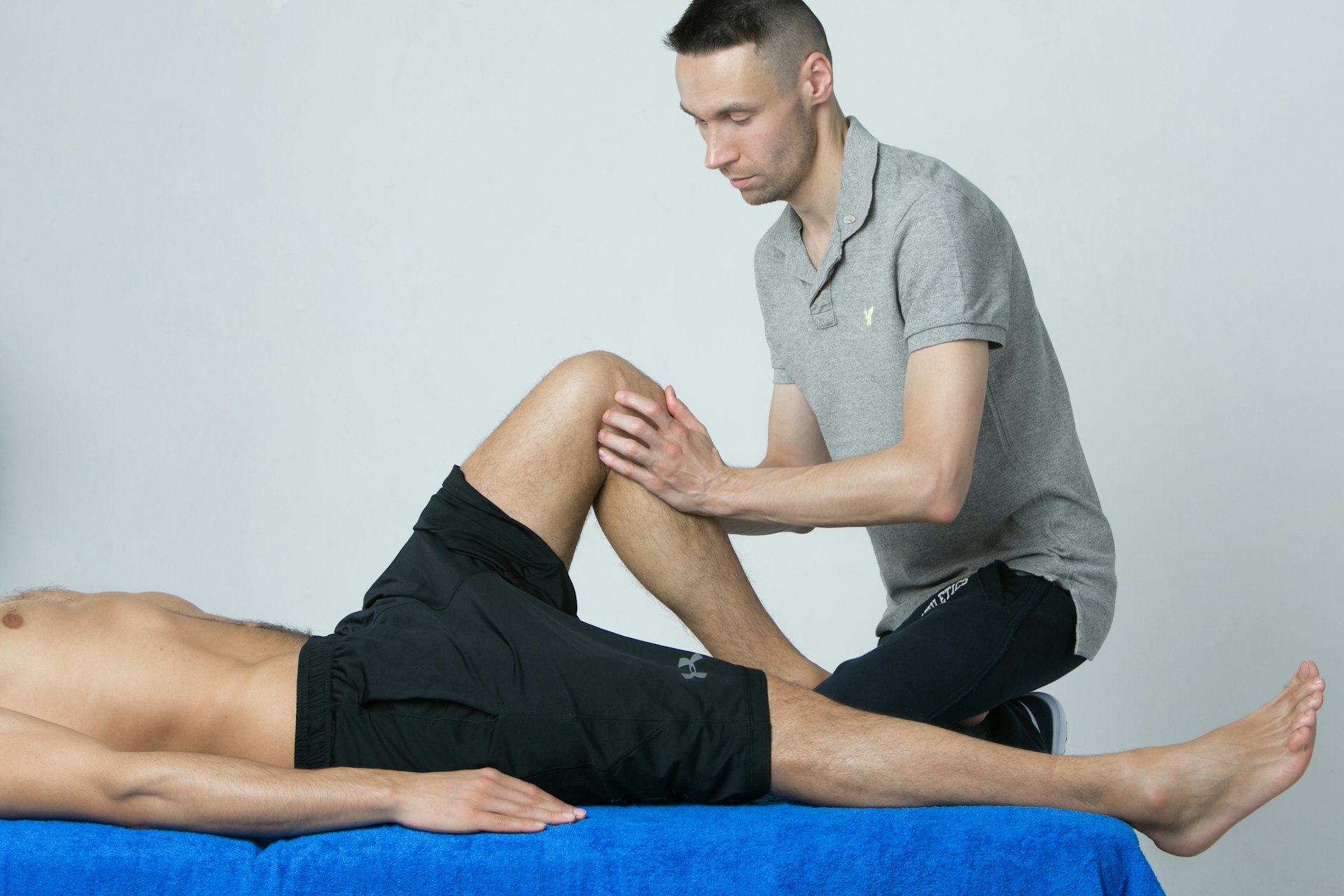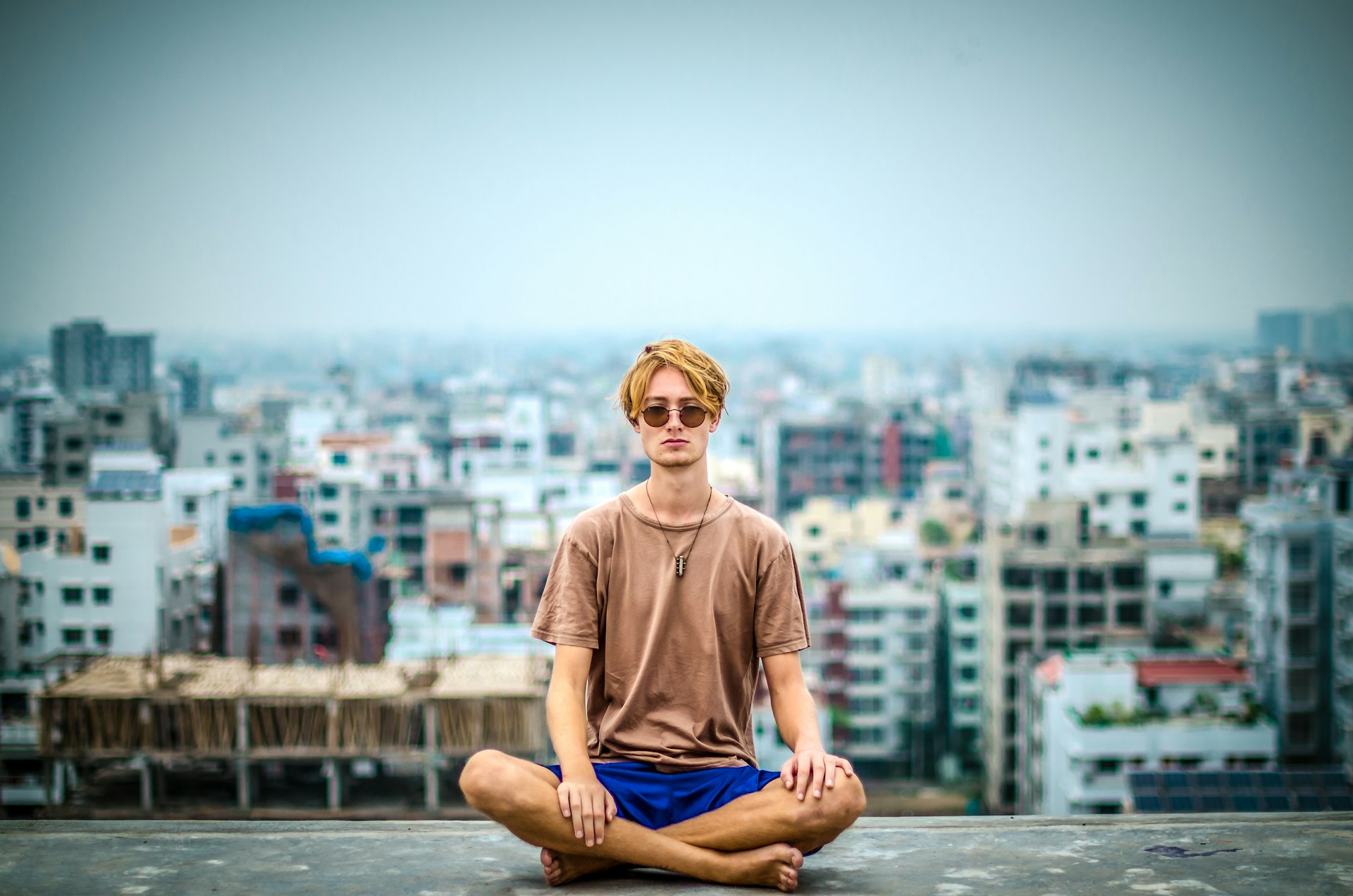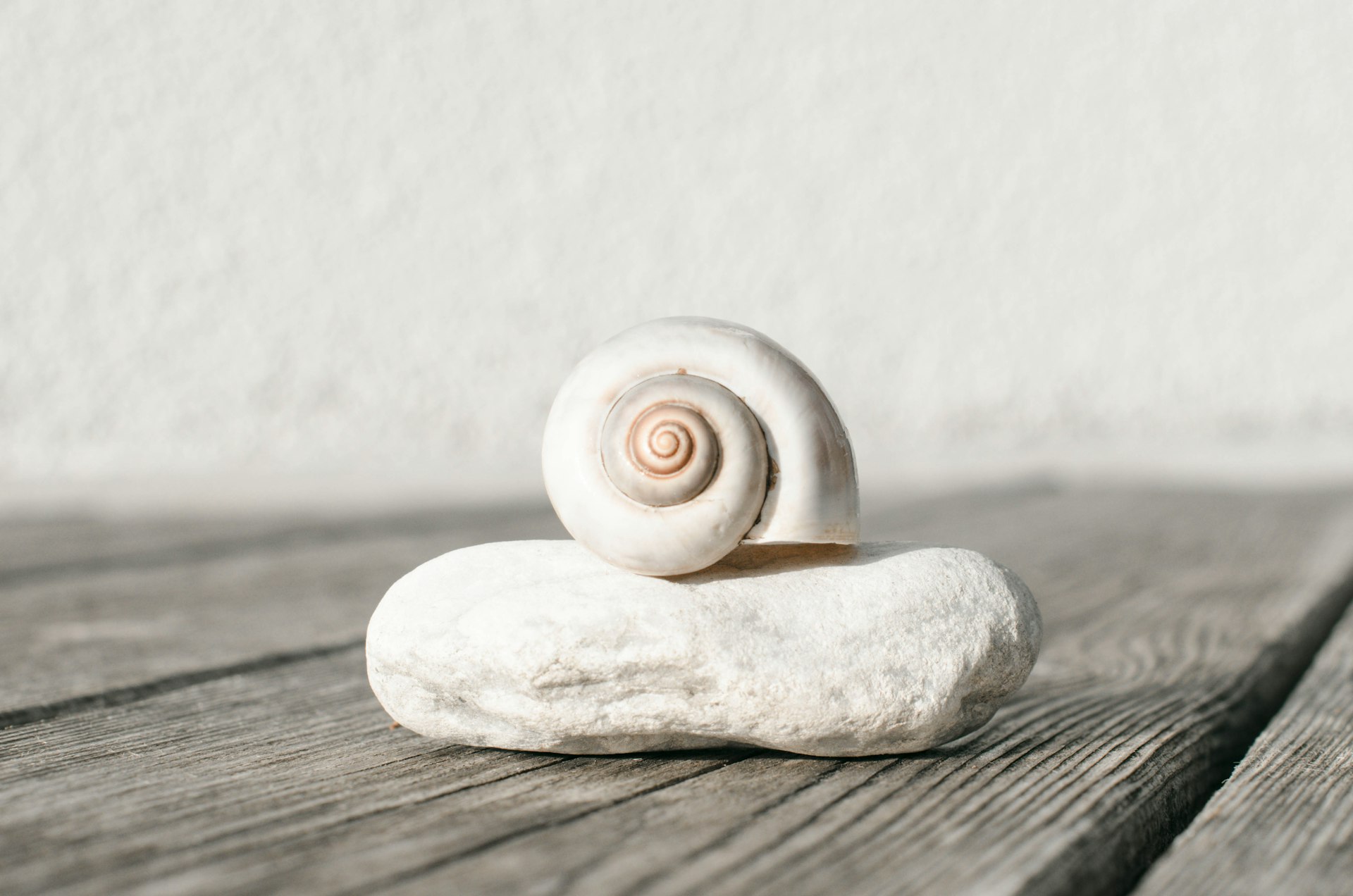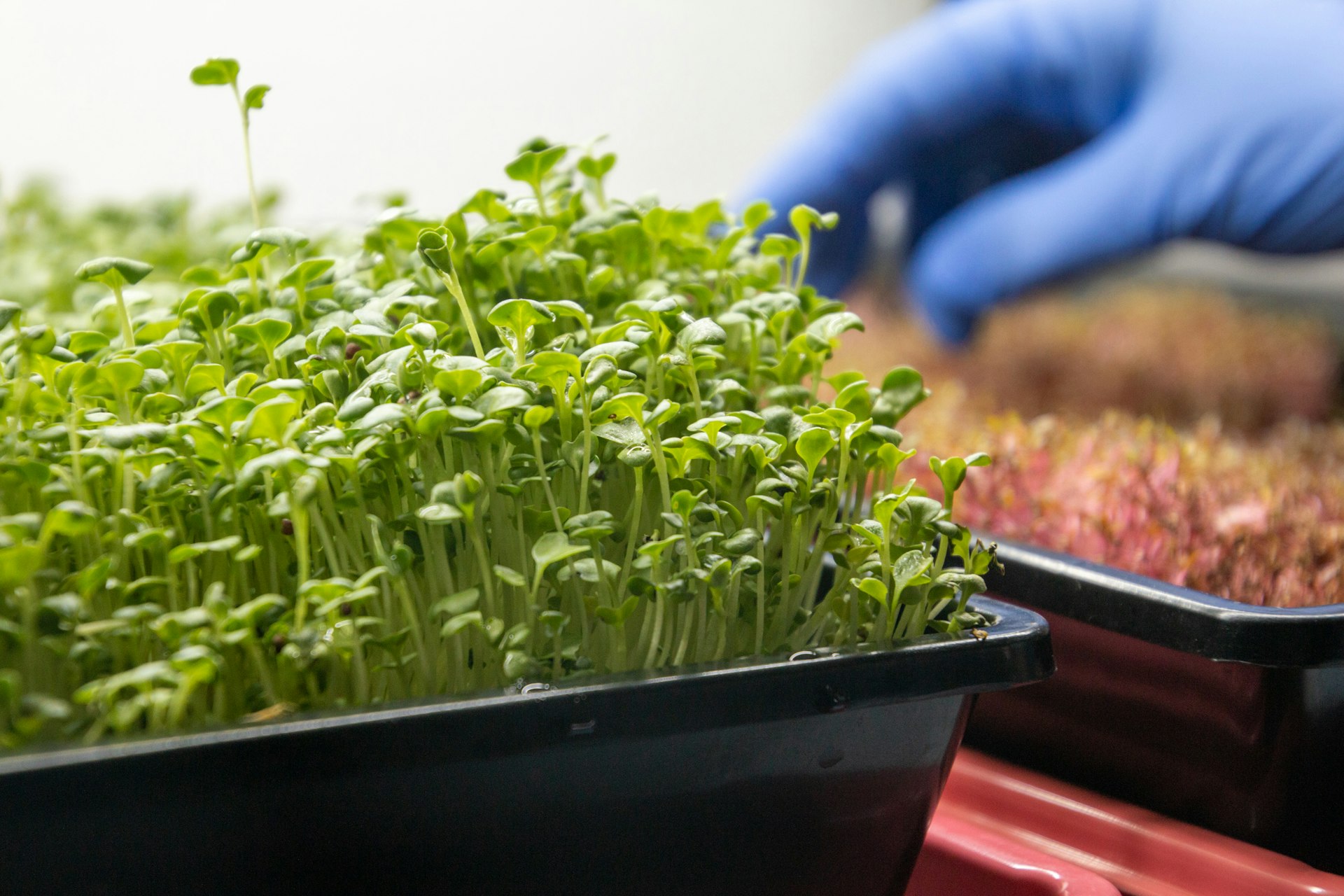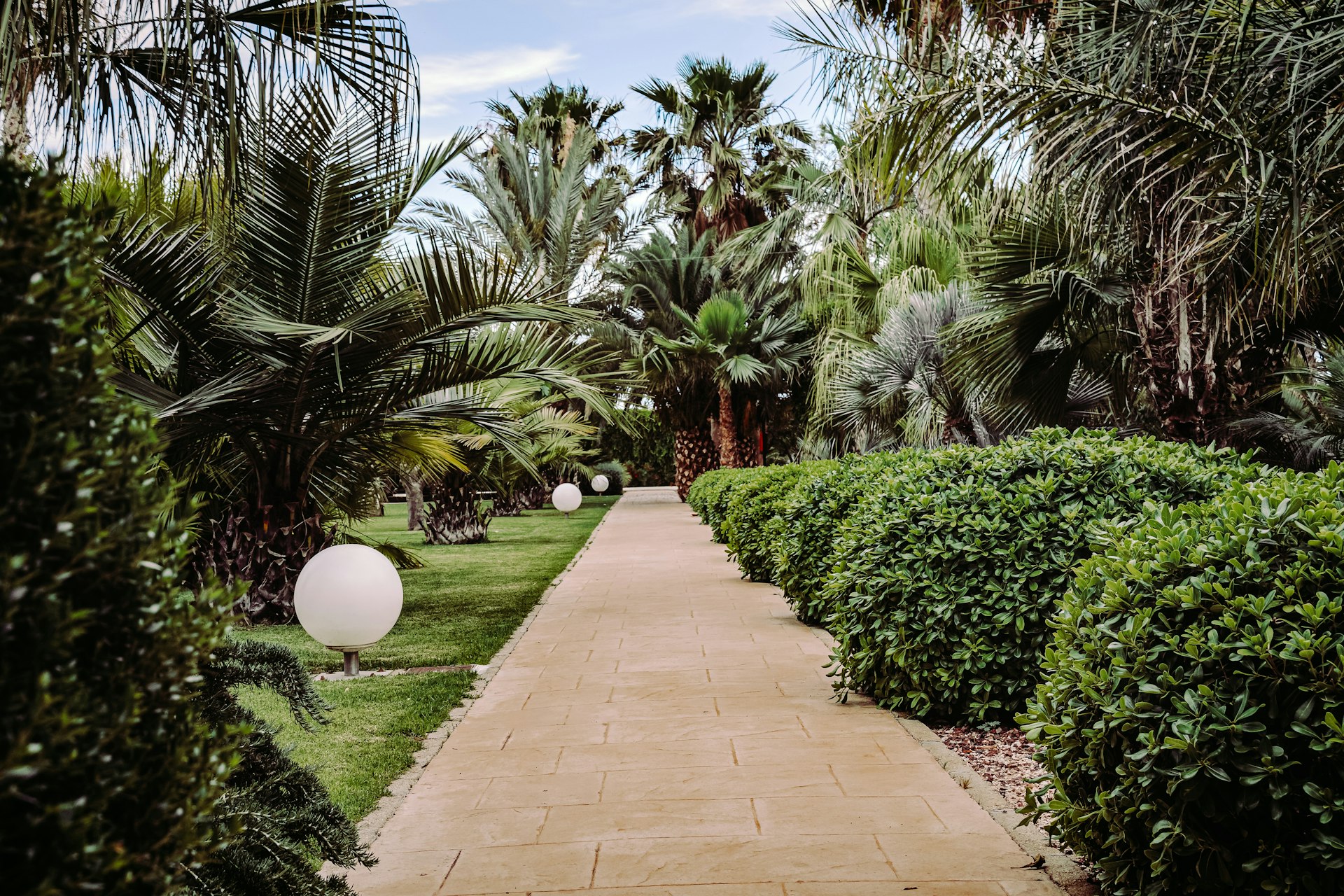Unlock Lasting Energy Through a Balanced Hydration Lifestyle

Photo by Pavel Avakumov on Unsplash
Introduction: Why Balanced Hydration Fuels Lasting Energy
Maintaining consistent energy throughout the day is a common goal, yet many overlook the fundamental role of hydration in achieving this. Scientific research reveals that even mild dehydration can lead to fatigue, lack of focus, and diminished physical performance. Adopting a balanced hydration lifestyle is not just about drinking water; it involves an intentional approach to fluid and electrolyte intake that supports your body’s energy mechanisms. This article provides a comprehensive guide to understanding, implementing, and sustaining hydrated living for optimal energy, with actionable steps and scientifically verified insights.
Understanding Hydration and Its Impact on Energy
Water is essential for nearly every biological function, from nutrient transport to metabolism and cellular communication. When the body is under-hydrated, these processes slow down, resulting in lower energy levels and poor performance. According to health experts, dehydration can impair both mental and physical capabilities, making routine tasks feel more strenuous and reducing motivation [1] . Muscle tissue, for instance, is about 80% water, and even a small drop in fluid balance can contribute to fatigue and cramps during exercise [4] .
Energy production in the body relies on efficient metabolic reactions, many of which require water. Hydration also supports cardiovascular function, enabling effective delivery of oxygen and nutrients to cells, which is crucial for sustained energy [1] .
Electrolytes: The Unsung Heroes of Energy Balance
While water is vital, electrolytes like sodium, potassium, and magnesium play an equally important role in hydration. These minerals regulate fluid balance, nerve signaling, and muscle contractions. Inadequate electrolyte levels can cause symptoms such as brain fog, dizziness, and pronounced fatigue, even if you are drinking plenty of water [3] . For those engaged in intense physical activity or who sweat heavily, replenishing electrolytes is essential to sustaining energy and avoiding cramps.
Electrolyte drinks and mineral-rich foods can help restore balance after exercise or illness. For example, consuming bananas (high in potassium), leafy greens, and nuts can support your electrolyte needs alongside adequate water intake [3] .
Mental Clarity and Hydration: The Cognitive Connection
Hydration doesn’t just impact the body-it’s crucial for brain health. Dehydration can lead to slower reaction times, decreased concentration, and mental fatigue. Studies show that even mild dehydration impairs cognitive function, making tasks that require focus and quick decision-making more difficult [1] . For professionals, students, and anyone seeking to maximize productivity, regular and intentional hydration is a simple but powerful strategy for maintaining mental clarity throughout the day.
Step-by-Step Guide: Creating a Balanced Hydration Routine
Step 1: Assess Your Personal Hydration Needs Individual hydration needs vary based on age, weight, climate, physical activity, and health status. The classic “eight 8-ounce glasses per day” rule is a starting point, but you may require more depending on your circumstances [4] . Monitor your urine color (pale yellow indicates good hydration) and listen to your body’s thirst signals as practical indicators.
Step 2: Integrate Water Into Your Daily Schedule Spread your water consumption evenly throughout the day. Start with a glass of water upon waking, include fluids with each meal, and keep a refillable bottle handy. If you struggle to remember, set phone reminders or use hydration tracking apps.
Step 3: Enhance Hydration with Electrolytes When Needed If you exercise vigorously, work in hot environments, or recover from illness, consider supplementing with electrolyte-rich beverages. Options include coconut water, sports drinks with balanced minerals, or homemade solutions using a pinch of salt and citrus juice.
Step 4: Eat Water-Rich Foods Incorporate fruits and vegetables with high water content, such as cucumbers, oranges, watermelon, and spinach. These foods contribute to overall hydration and provide additional vitamins and minerals to support energy metabolism.
Step 5: Address Barriers and Adjust Accordingly Common barriers to hydration include forgetfulness, dislike of plain water, or busy schedules. Flavor your water with slices of fruit, set visible cues (like keeping water in sight), or pair drinking with established routines (such as after brushing your teeth) to build consistency.
Real-World Example: From Fatigue to Focus
Consider Anna, an office worker who routinely felt afternoon fatigue and difficulty focusing. By tracking her water intake, Anna realized she was only consuming about four cups of water daily. After gradually increasing to the recommended amount and including a glass of water before each meal, she noticed improved alertness and reduced cravings for sugary snacks by the end of the week. On days with extra meetings or physical activity, she added an electrolyte packet to her water and reported fewer headaches and better stamina.
Alternative Approaches to Balanced Hydration
Some people may need to modify their hydration strategies due to medical conditions such as kidney disease or heart failure. In these cases, it’s important to consult with a healthcare professional to determine appropriate fluid and electrolyte levels. Individuals with high activity levels or those living in hot climates might require additional fluids and electrolytes to compensate for increased losses. If you are unsure of your specific needs, you can consult a registered dietitian or primary care provider for personalized recommendations.

Photo by Andrey Ilkevich on Unsplash
Potential Challenges and Solutions
One challenge is the misconception that all beverages hydrate equally. Drinks high in caffeine or sugar can actually contribute to dehydration if consumed excessively. Instead, prioritize water, herbal teas, and low-sugar electrolyte beverages. If you experience frequent dehydration symptoms despite drinking water, evaluate your diet for adequate electrolytes and monitor for signs of underlying medical issues.
How to Access More Guidance and Support
You can find personalized hydration and nutrition advice by consulting a registered dietitian or certified health coach. Many community health centers offer educational workshops on healthy living and hydration. For those seeking scientific resources, reputable organizations such as the Centers for Disease Control and Prevention (CDC) and the Academy of Nutrition and Dietetics provide up-to-date guidelines and hydration tips. Simply search for “hydration guidelines CDC” or “nutrition hydration Academy of Nutrition and Dietetics” to access these resources.
Key Takeaways for Sustained Energy
Balanced hydration is a cornerstone of a high-energy lifestyle. By understanding the science, implementing daily habits, and adjusting for your individual needs, you can experience more sustained energy, sharper mental clarity, and improved physical performance. Whether you’re an athlete, student, or busy professional, the principles of balanced hydration are universally beneficial and accessible.
References
- [1] Leisure Project (2023). The Role of Hydration in Boosting Daily Energy Levels.
- [2] LMNT Science (2024). 8 Benefits of Staying Hydrated: Energy, Clarity, and Beyond.
- [3] Vaya (2024). 7 Key Benefits of Electrolyte Hydration for Overall Wellness.
- [4] Healthline (2023). 7 Science-Based Health Benefits of Drinking Enough Water.
- [5] National Jewish Health (2024). 10 Benefits of Staying Hydrated.
MORE FROM hotondeals.com





